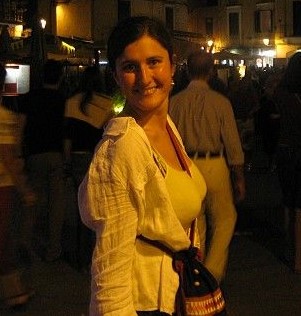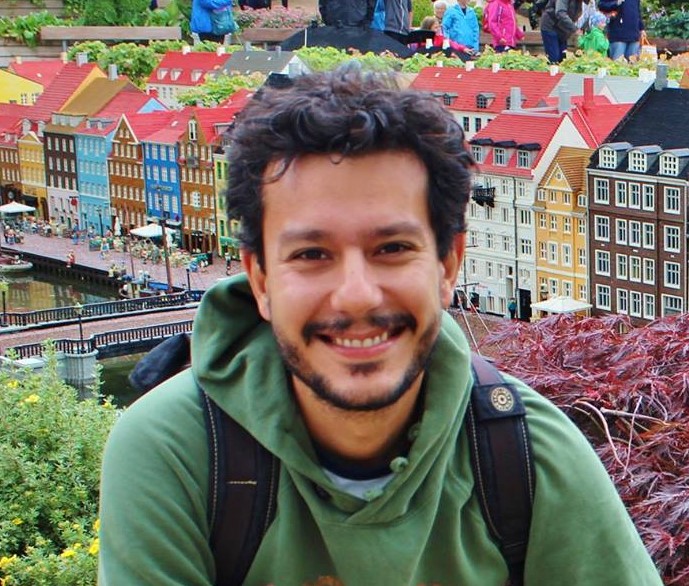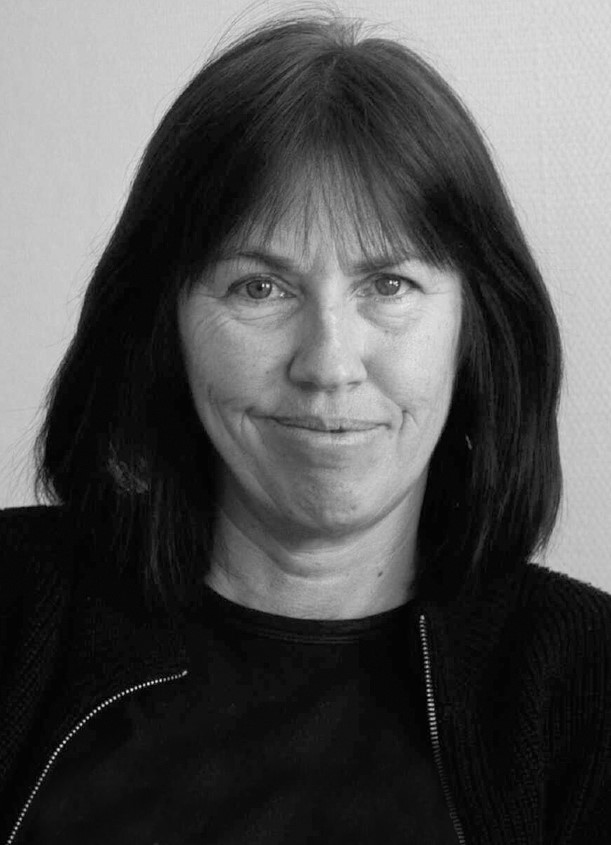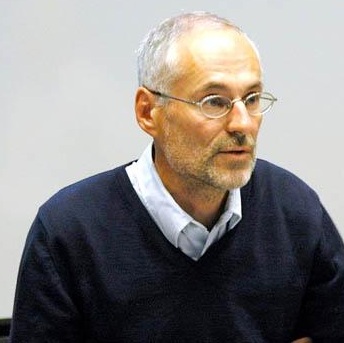
Anyone with a passing interest in climate change will know how intractably difficult international negotiations have proved in the past, reaching a low-point at Copenhagen.
Whatever the outcome this week in Paris, the preponderance of ‘square brackets’ in the latest draft document (signifying those issues still to be resolved) indicates that the task remains troublesome. While a scientific consensus on the basics of climate change has been established, a political consensus has been less forthcoming1,2. One reason for this is that climate change is not a uniquely scientific issue, but a public issue involving science3. We need to explore the public meanings of climate change, and allow these meanings to inform the debate around political responses to climate change. I suggest that one way to scratch the surface of such meanings is through the vibrant use of Twitter around the COP21 event4.
Continue reading Public meanings in Paris : Analysing Twitter hashtag trends from COP21









